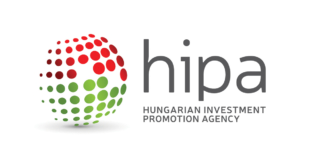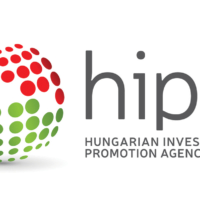
“One of the first large foreign investors to place its trust in the Hungarian economy following the 1990 regime change was Suzuki,” shared Robert Esik, CEO of the Hungarian Investment Promotion Agency (HIPA).
“We value this trust and continue to strengthen our relationships with our Japanese friends, partners and investors.”
There are 184 Japanese companies active in Hungary today that employ over 30,000 people. They are collectively the seventh-largest investor in Hungary in terms of volume.
In addition to Hungary’s strong automotive and electronics industries, key sectors within the country’s diverse economy have been established and continue to grow. These include chemicals, food and medical devices.
“Japanese investment has led to some of the most advanced technologies reaching the Hungarian market and these have fast-tracked the automation of our manufacturing processes and boosted our industrial competitiveness,” Esik explained.
“We recognize the excellent work ethic and admirable corporate culture that Japanese companies have imparted on the local business community.”
Recent Japanese investments include:
• Toray Group’s battery-separator film facility
• GS Yuasa’s first overseas lithium-ion battery plant
• Seiren’s first European synthetic leather car seat cover factory
• Nissin Foods’ noodle plant expansion
According to the International Monetary Fund, Hungary’s projected growth rate for real gross domestic product in 2021 is 7.6%.
“Thankfully, we have successfully managed the pandemic from an economic standpoint and today Hungary is in a position to offer investors a stable and swiftly recovering economy,” Esik said.
“In addition to our successful vaccination strategy, our economic policy to financially support and incentivize companies that are committed to increasing investments and maintaining their workforce, has contributed to our economic recovery.”
Hungary’s 9% corporate tax rate is the lowest in the European Union. The government has also reduced the tax burden on the gross salaries paid by employers from 28.5% in 2016 to 17% in 2021.
“From selecting a location, supplier development, financial support and policy advocacy, HIPA supports Japanese investors throughout the entire process,” Esik noted.
“Our Japanese friends have proved themselves to be reliable partners and have contributed to the development of the Hungarian economy. We look forward to continuing our close cooperation.”





